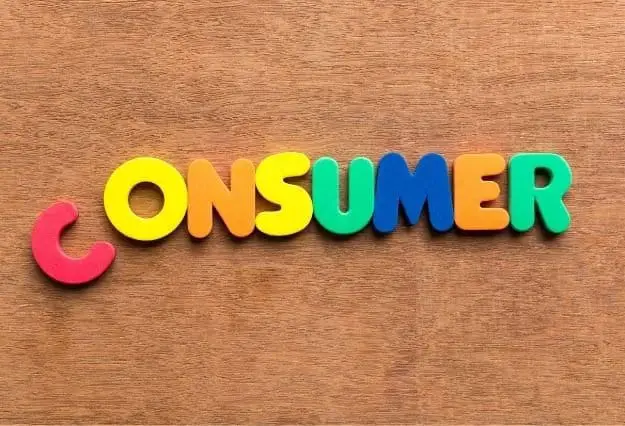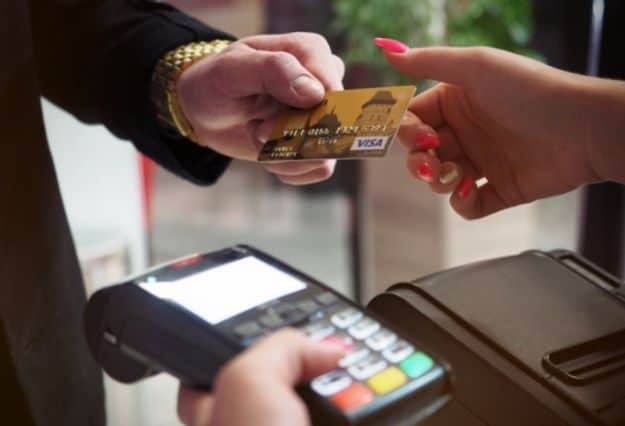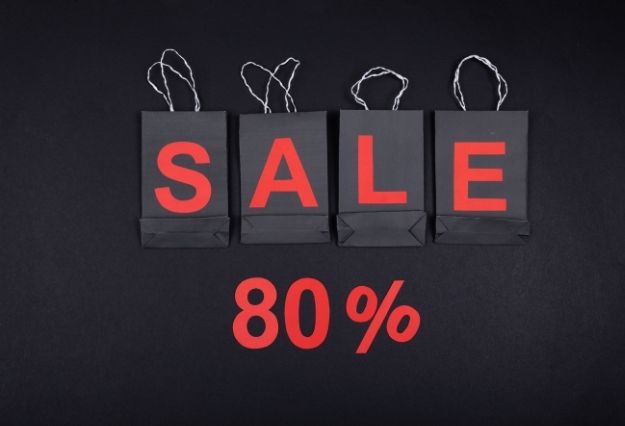Patronage Buying Motives of Consumers
The buying motive is the desire or motive to fulfill a desire or need that drives people to purchase goods or services. Every purchase is motivated by a buying motive.
It refers to the buyers’ thoughts, feelings, emotions, and instincts that arouse a desire to purchase an item. Buyers don’t buy because the salesman has persuaded them but because they have an awakened desire. Motives and instincts should be differentiated.
A motive is a purpose for performing a specific behavior, not an automatic response to a stimulus. In contrast, instincts are pre-programmed responses that are inborn in the individual and are involuntary. Thus, hunger is an instinct, whereas the desire to buy pizza is a purchasing motive.
What Is a Consumer Motive?
Consumer motivation is an inner feeling that moves people to seek out and purchase something that satisfies both unconscious and conscious needs or desires. Fulfilling these needs may motivate them to repeat purchases or seek alternative goods and services to meet the requirements better.
Maslow’s “hierarchy of needs” model is associated with consumer motivation. Motivational drivers have varying degrees of importance, according to this model. But the most prevalent physiological needs are those of basic survival—food, shelter, and safety.
Classification of Buying Motives
Social needs (relationships and love), esteem needs (acknowledgment and status), and self-actualization needs fall under higher-level needs (fulfillment of self). Maslow affirms that an individual must first satisfy lower-level needs before desiring to meet higher-level needs.
What are Patronage Motives?
Patronage Motives are the factors that lead a customer to favor one retail outlet or service provider over another.
Example: Certain customers prefer the LG fridge to the Whirlpool fridge. There is always a reason behind each purchase made by a customer—either rational or emotional.
E-motional Patronage Buying Motives of Consumers
The consumer’s mindset determines emotional patronage motives. Customers form attachments to specific dealers or stores. Emotionally, the customer grows a “soft corner” in a particular store.
In doing so, the buyer neglects to use their intelligence and discernment when purchasing goods. And instead, they’re overwhelmed by their emotions. So what could be the reasons behind such behaviors? Bet’s see the possible reasons:
1. Appearance
Customers are sometimes drawn to a specific store because of its looks. Customers are often drawn to a well-decorated, colorfully illuminated, tidy, and well-furnished store with all modern luxuries.
2. Recommendations
Customers may also visit a store based on the recommendations of their family and friends. Ordinarily, such friends and relatives are happy customers of that specific shop. As a result, they go telling others about the satisfactory customer services there.
3. Imitation
Customers are often motivated to imitate others as it appears to be easier than deciding for oneself. This motivation is strong, particularly in ladies. However, this motivation can be short-lived.
4. Prestige
The primary buying motive for highly wealthy customers is prestige and dominance. The desire for prestige is so intense that they purchase items that they may not require at all. They occasionally buy the highest-priced product. To maintain their respect, they will pay a higher price for commodities. As a matter of prestige, such people continue to favor a shop or a dealer.
5. Habit
Customer loyalty may develop due to consumer habits. Suppose a customer is emotionally drawn to a specific shop; they’ll proceed to patronize it. This is the case with grocers, tailors, beauty salons, eateries, and so on. It almost becomes a habit to go specific outlet. The customer unconsciously sells themselves to that outlet.
Rational Patronage Buying Motives of Consumers
here consumers use their intelligence and judgment before patronizing a specific store. They often evaluate the extra advantages of visiting a store. Let’s see some of the rational reasons that a customer may have before patronizing a particular store.
1. Credit Facilities
Some rational consumers patronize a specific shop or dealer because of the dealer’s credit facilities. Nowadays, almost all stores occasionally offer luxury products on an installment plan.
Thereby, credit and installment options provided by dealers play a significant role in enticing customers to prefer a specific shop. Therefore, customers visit the shop to take advantage of such services.
2. Location (Proximity)
People generally prefer patronizing dealers or shops that are closer to their homes. Perhaps they are acquainted with the shopkeeper, who ensures top-notch service.
Modern business is heavily reliant on the seller’s services, which is unquestionably one of them.
The customer is king and must be handled as one. Customers develop a fondness for a shop if they are treated with respect and promptly presented with a wide range of products.
3. Services Offered
Most buyers prefer purchasing items from stores that provide almost all services. Many stores offer cash discounts, guarantees, free delivery, low-cost repair services, exchange goods in the event of a defect, telephone order taking, and so on.
4. Wide Choice
People nowadays prefer to purchase their necessities from a store that stocks a wide range of products and services. The objective is to get the maximum satisfaction out of one place. Customers can select appropriate goods from a variety of goods from one store.
5. Respectable Treatment
Today customers value their self-esteem and expect to be well-treated. The courtesy and modesty by the sales staff and the shop owner make customers feel at ease and encourage them to return to the shop.
6. Reputation Of The Shop
One of the rational patronage buying motives is the shop’s reputation for genuine transactions. Typically, people prefer to make their buyers from a store with a stellar reputation for honest dealings.
7. Low Prices
The price charged by the shop can also impact buyers to patronize a specific shop. If a shop’s price for a single product is relatively lower than in other stores, many people will naturally purchase from the cheaper shop.
8. Efficiency Of Salesmen
The effectiveness of a store’s salespeople also shapes people’s decisions to shop there. People are likely to flock to such a shop if the employees are efficient and competent in assisting buyers in making their purchases.
6 Ways to Persuade Customers to Buy
1. Differentiate Between a Feature and Benefit
Something that a product or service “is” or “does” is a feature. On the other hand, a benefit is what the customer “gets” from the product or service. For example:
- Saying the vehicle has a reinforced roof (feature) is incorrect.
- Say: this car offers protection against accidents (benefit)
2. Maintain Vivid But Plain Language
People will remember the advantages for longer and more effortlessly if it is conveyed in simple, strong words that elicit emotion. For example:
- Saying, this roof will protect you if there’s any rollover is incorrect (long-winded)
- Instead, say: you’re likely to escape without ant scathed if the car rollover during an accident. (plain and clear)

3. Don’t Use Jargon
The use of exhausted marketing cliches or highly technical jargon drains the value of moods the most.
- Saying, 80210 framework implementation that is robust is incorrect (lots of jargon)
- Instead, say: you can connect it almost anywhere simple to understand.
4. Your Benefits List Should Be Shorter
Most people only can hold two or three ideas in their short-term memory at once. Long lists of advantages only add to the confusion.
- Instead of, this is why you should try our products and services
- Say: these are the two most significant benefits of using our products to keep in mind
5. Identify and Emphasize Unique Selling Proposition
Advantages specific to your product line can persuade consumers to purchase, but not necessarily from you! Utilize benefits that define you from the other providers:
- Saying: your productivity will increase with this machine is too general
- Say: Our consumers report that our services help them cut costs by about 30%, about double the industry average
6. Cement Your Benefits
Buyers disregard advantages that are vague and are expressed with ambiguous adverbs and adjectives. therefore, concrete and specific benefits are more appealing and “stay in mind.”
- Saying: your inventory costs will b80210 robust framework implementation cut with our products and services” is incorrect.
- Say: our services will cut your inventory cost by about 25%.
Related Questions
1. How Can You Best Determine Buyer Motive?
To determine a customer’s fundamental purchasing motivations, your sales associates must do something they may find difficult: listen. Asking initial questions and then probing insights with follow-up questions uncovers the prospect’s or customer’s innate buying motives, desires, needs, and obstacles.
2. How Do You Motivate Clients To Action?
Make it simple for your audience to obtain additional information or make a purchase by informing them precisely what they should do after reading or listening to your messages.
3. Are Ulterior Motives Bad?
‘Ulterior motives’ is a phrase that has been given an extraordinarily harsh and inaccurate interpretation. People will instantly conclude that it was a bad phrase used by an evil person with sinister motives. As a result, anyone who claims to have ‘ulterior motives’ is usually judged to be a villain.
4. What Are The Kinds Of Buying Motives?
If you buy a product without thinking much, then you’ve purchased the item through an emotional buying motive. And there are almost ten types of emotional buying motives, including comfort, imitation, prestige, ambition, among others.











